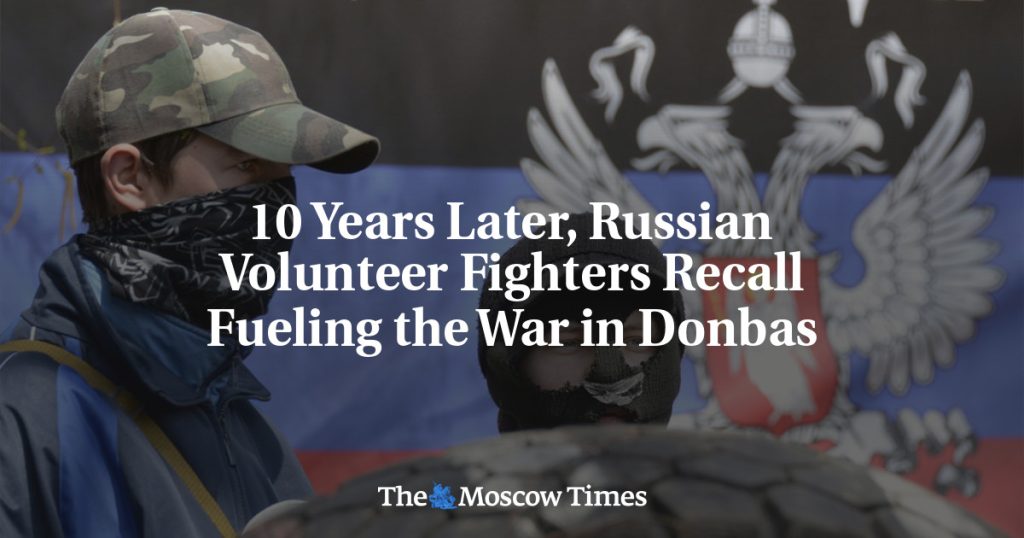In the spring and summer of 2014, Russian citizens joined the armed insurgency in eastern Ukraine as part of Russia’s covert invasion. Motivated by a desire to support the insurgency against Ukraine’s pro-Western government and restore historical Russian lands, many volunteers joined nationalist and paramilitary organizations. Key figures like Igor “Strelkov” Girkin played a significant role in escalating the conflict, with volunteers crossing the border illegally and joining the separatist militias. The influx of Russian volunteers with combat experience and limited screening led to an increase in manpower for the separatist forces.
While initial combat in eastern Ukraine was limited to street clashes, armed groups like Girkin’s unit crossed into Ukraine, seizing control of key locations. Girkin, despite denying Russia’s involvement, was a pivotal figure in the conflict’s early stages. The volunteers from Russia provided essential support to the separatist army, without whom the uprising may have failed. As the conflict intensified, Russia covertly deployed regular troops to bolster the separatists, leading to significant battles and turning points in the conflict.
The volunteers who fought in eastern Ukraine faced scarcity of weapons, limited military training, and difficult circumstances on the front lines. With the tide of battle shifting in favor of Ukrainian forces by late summer, Russia’s direct military intervention became more pronounced. This intervention, led by regular Russian soldiers disguised as vacationers, helped the separatists achieve notable victories in key battles. Following these victories, the conflict saw the signing of the second Minsk agreement, marking the end of the active phase of the conflict in Donbas.
Many volunteers viewed the Minsk agreement as a missed opportunity to deal a decisive blow to Ukraine, highlighting the divisions and criticisms within the separatist movements. As the conflict simmered, Russia eventually launched its full-scale invasion of Ukraine in February 2022. Some volunteers returned to fight under the Russian conventional army, while others, like Alexander Krasnogorodtsev, chose not to rejoin due to personal reasons. Despite ongoing training by organizations like the Russian Imperial Movement, the conflict continues with implications for Ukraine’s independence and Russia’s military ambitions.















